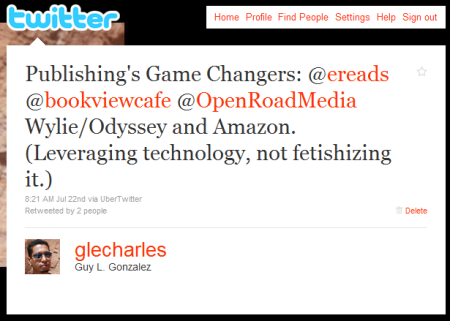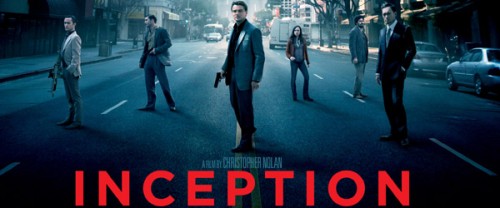Can Digital Expand the Audience for Comic Books?
From a fragile network of brick-and-mortar direct market retailers and the often fickle tastes of hardcore, social media-savvy fans, to online piracy and the tantalizing possibilities of the iPad, comic books have been out on the bleeding edge of the digital transition for years.
While some comics publishers have had success expanding beyond the limited (but non-returnable) direct market into mainstream bookstores, ICV2 reports the first half of 2010 saw continued challenges in the once-booming graphic novel market. Manga, which represented 35% of all the graphic novels released in the U.S. in 2009 and accounted for a similar percentage of sales in the category, has been hit especially hard:
Graphic novel sales in the direct market have declined by double digits every month in 2010 so far with the exception of February, when they posted a 1% gain.
Graphic novel sales appear to be down in the bookstores as well with Yen Press’ Twilight graphic novel the only breakout hit. The other bestselling movie-driven graphic novel in the first half of 2010, Marvel’s Kick-Ass Hardcover posted sales that were less than 10% of what Watchmen achieved during the same period in 2009…
After two years of double digit declines in sales of manga, American manga publishers have formed a coalition with their Japanese counterparts to battle the illegal Internet distribution of unlicensed manga via scanlation sites where translated versions of manga often appear just days after publication in Japan. The coalition has had some success in shutting down some of the main aggregator sites, though it’s far too early to see if sales will be boosted by making it somewhat more difficult to read manga for free online.


 Americans spend nearly a quarter of their time online on social networking sites and blogs, according to
Americans spend nearly a quarter of their time online on social networking sites and blogs, according to 


